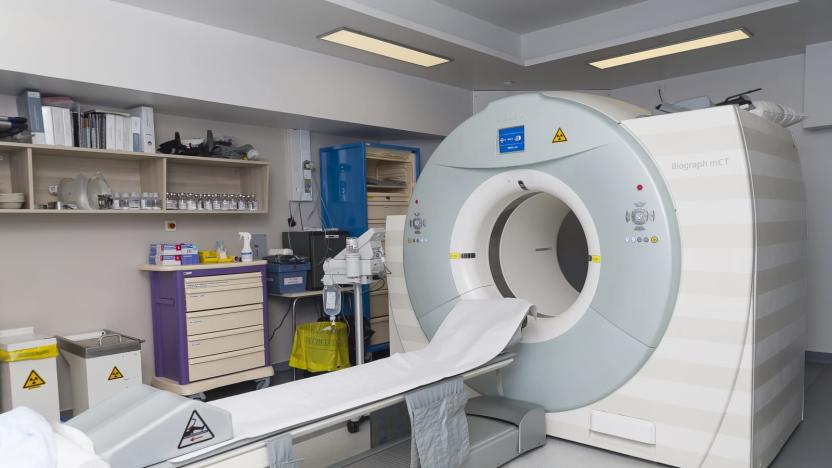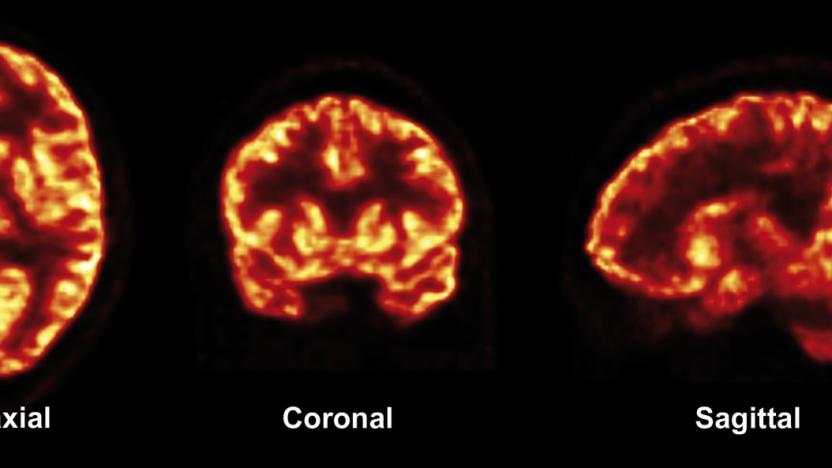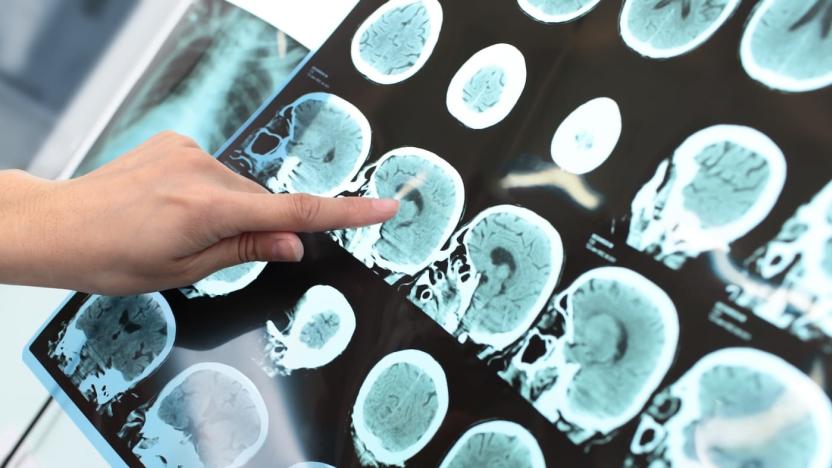PetScan
Latest

Researchers train AI to spot Alzheimer’s disease ahead of diagnosis
While Alzheimer's disease affects tens of millions of people worldwide, it remains difficult to detect early on. But researchers exploring whether AI can play a role in detecting Alzheimer's in patients are finding that it may be a valuable tool for helping spot the disease. Researchers in California recently published a study in the journal Radiology, and they demonstrated that, once trained, a neural network was able to accurately diagnose Alzheimer's disease in a small number of patients, and it did so based on brain scans taken years before those patients were actually diagnosed by physicians.

New imaging method reveals how Alzheimer's reshapes the brain
Researchers at Yale University have led development in to a new type of brain scan designed to detect changes in synapses associated with common brain disorders. Until now, researchers have only be able to detect these changes during autopsies, but by combining a Positron Emission Tomography (PET) scan with a new type of injectable tracer, Yale radiology and biomedical imagining professor Richard Carson was able to measure the synaptic density in a living brain. According to the findings published in Science Translational Medicine Wednesday, the technique could help doctors better understand and treat a wide range of neurological conditions from epilepsy to Alzheimer's disease.

Brain glucose levels can predict someone waking from a coma
Watching a loved one exist in a vegetative state can be absolutely heartbreaking, but there isn't a lot that can be done aside from waiting to see if they'll come out of it. A big problem is that doctors have a hard time discerning between patients in an unresponsive wakeful state (eyes open but their bodies physically unresponsive) and those who are in a minimally conscious state and sometimes respond to stimulus, as Stat writes. People suffering from the latter are more likely to regain consciousness. However, new research from Cornell University hopes to identify which patients might exit their unresponsive state and wake up.

Study shows love for music relates to brain chemical, not to My Chemical Romance
It would make sense that people listen to music for the sheer pleasure of it, right? That's what we thought, but apparently there's a scientific reason for this. Scientists have discovered that when Earthlings listen to pleasurable music, one particular chemical is loosed in the gord. The study, conducted by Robert Zatorre and Valorie Salimpoor of McGill University in Montreal, concluded that when the participants tuned into instrumental pieces they were familiar with, their brains released dopamine into the striatum -- an area of the noggin linked with anticipation and predictions. According to PET scans, the members of the study unleashed the chemical 15 seconds before a climaxical moment in a song, signaling the possibility that humans may actually release it in anticipation and not as a reaction to a wailing solo. Bonus point? Chopped and screwed tracks unleashed forty times more dopamine. Just kidding, but it's probably true.

